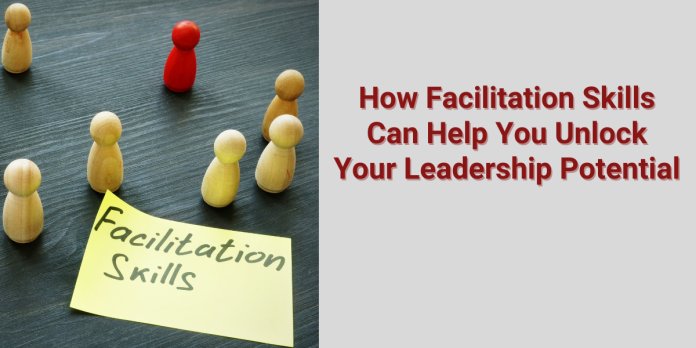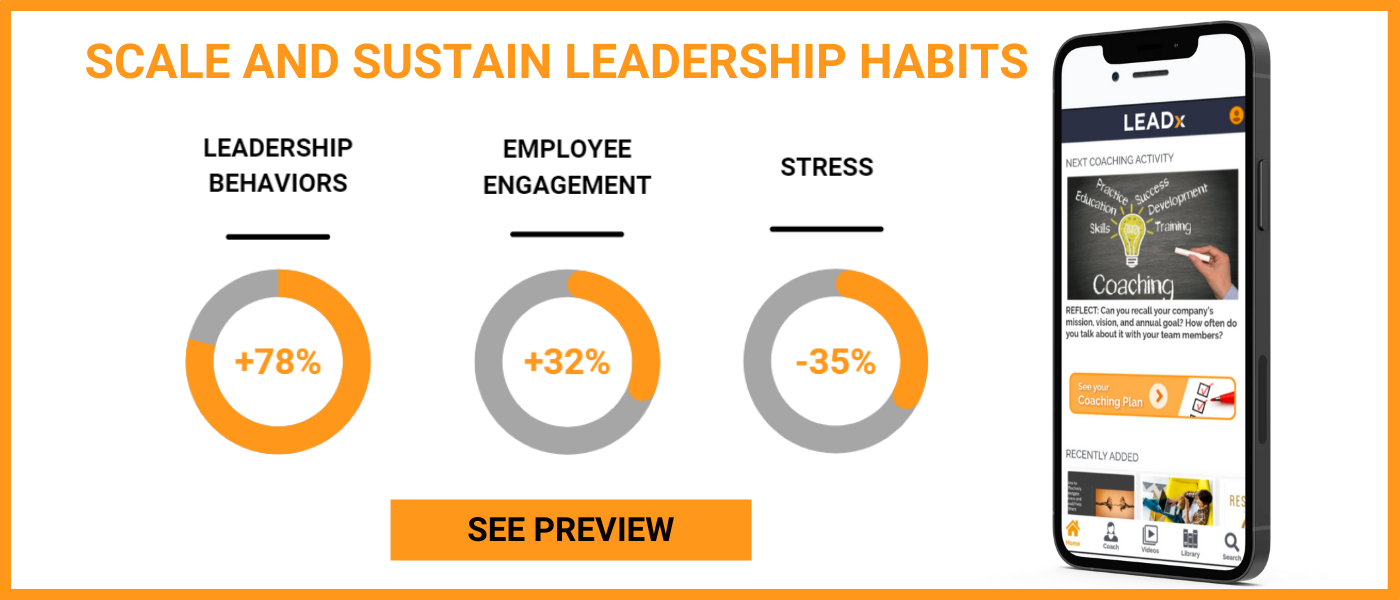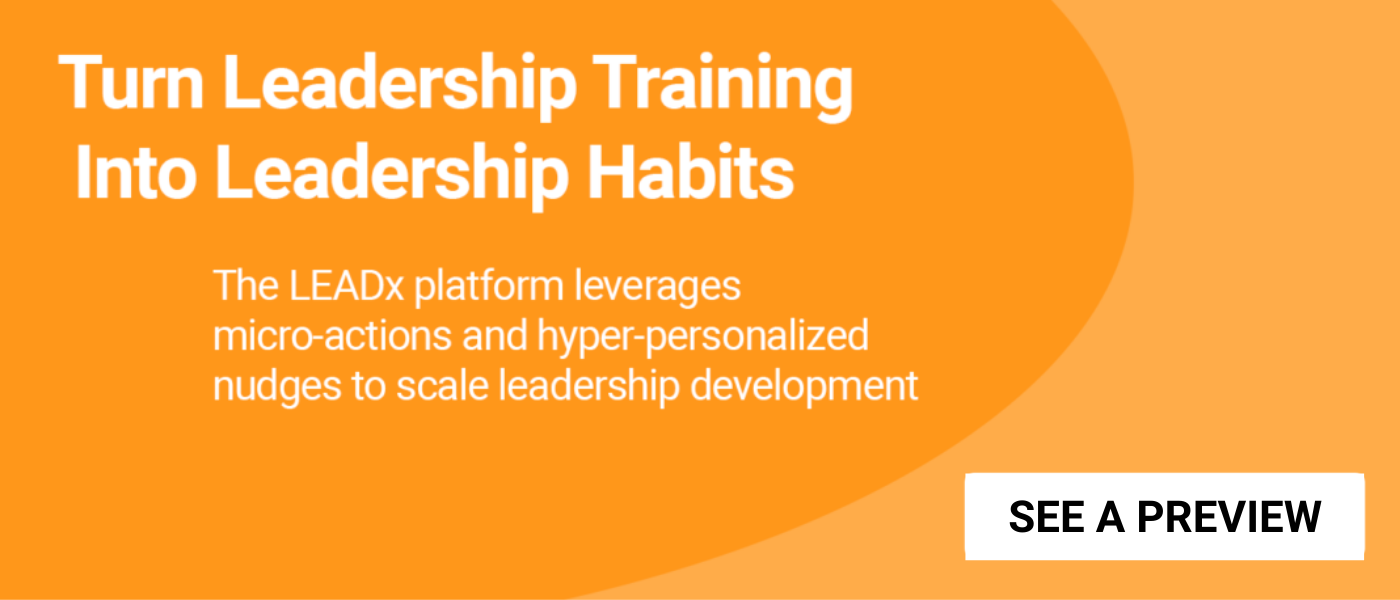
In the age of AI, automation, and robots, effective communication and collaboration are becoming more critical than ever. A recent survey of 697 business practitioners showed that they view interpersonal skills like communication as especially important as AI use increases.
So how can you improve your communication? In her new book, The Facilitation Advantage, Therese Miclot and co-author, Kat Koppett, argue that facilitation skills are the key. To learn more, I had the opportunity to interview Miclot.
 Miclot was quick to point out that by “facilitation,” she wasn’t speaking exclusively of professional facilitators and trainers. “We believe everyone is already facilitating but most do it unconsciously with little to no support on how to do it well. Most of us spend our days interacting with others—leading meetings, participating in discussions, presenting ideas, and resolving conflicts,” she commented. “People want practical, actionable strategies to enhance their effectiveness in day-to-day interactions. That’s what we’re referring to when Kat and I write and talk about facilitation.”
Miclot was quick to point out that by “facilitation,” she wasn’t speaking exclusively of professional facilitators and trainers. “We believe everyone is already facilitating but most do it unconsciously with little to no support on how to do it well. Most of us spend our days interacting with others—leading meetings, participating in discussions, presenting ideas, and resolving conflicts,” she commented. “People want practical, actionable strategies to enhance their effectiveness in day-to-day interactions. That’s what we’re referring to when Kat and I write and talk about facilitation.”

Why Facilitation Skills Are Essential Leadership Skills
The need to facilitate shows up everywhere. “Think about the team leader running the weekly meeting, the engineer navigating a tricky challenge with their peers, the account manager pitching to clients, or the CEO discussing strategies with the Board of Directors,” Miclot said.
Good facilitation acts as a force multiplier for leadership effectiveness because it drives better teamwork and quicker results. “Leaders with facilitation skills are better at influencing, settling disputes, and keeping groups cohesive and productive,” Miclot remarked.
The 3 Core Components of Effective Facilitation
Miclot shared that there are three main components of facilitation: Mindset, Content, and Process. By honing your ability in each area, you can improve your ability to collaborate and reach better outcomes. Below are definitions of each area and a practical strategy you can apply to improve in that area.
Mindset: Mindset contributions focus on internal factors that impact how you show up to others in an interaction. It involves managing your body, recognizing your triggers and biases, and monitoring your self-talk so you can stay focused on the goal.
Mindset strategy: Manage your self-talk. Self-talk is about being aware of your inner voice and ensuring it supports your performance. “Like an athlete, your internal dialogue can greatly influence your effectiveness,” Miclot explained. Start by becoming aware of your self-talk, then manage it in support of your objectives and goals. Turn up the volume on supportive voices while turning down the internal critic hindering you.
Content: Content contributions involve how we display our knowledge and relate it to the group's priorities. “Having expertise does not automatically make you a skilled communicator,” Miclot warned. “In fact, sometimes expertise can blind you to the needs of your group.” It's the facilitator's job to understand the context, speak the ‘language,' and create a tailored experience. This is about recognizing the unique environment of each group and adapting your approach accordingly.
Content Strategy: When preparing for an important meeting or high-stakes interaction where influence is key, focus first on your audience, not the materials. Start by considering: What’s my key message? Who’s my audience and what do they care about? And, what do I want them to do differently?
Process: Think about your meetings this week. Which ones engaged you and generated good outcomes versus those that felt like a waste of time? Most interactions succeed or fail based on the quality of the process. Process is about effectively guiding groups to a desired outcome.
Process Strategy: Serve the Purpose. There’s a natural tension between sticking to the agenda and flexing to the needs of the group. “When at a crossroad, a question to ask ourselves is: What’s in the best service of the group right now? Sometimes, that answer is to take the detour and other times, it’s to stay the course,” Miclot said. Your purpose can act as a north star, helping you to zoom out and see your options more clearly.
What Do Facilitation Skills Look Like at Scale?
The power of this approach is magnified when it is used within organizations. “For companies that invest heavily in content for sales, safety, technical or leadership training, their investment often rests on the quality of their facilitation,” Miclot said. Facilitation skills are observable and measurable behaviors, which enable decision makers to set a quality standard for what excellent facilitation looks like in their organization.
Hone Your Facilitation Skills One Strategy at a Time
Facilitation skills are not just for professional trainers or facilitators. They are essential leadership skills that can enhance anyone's ability to influence, collaborate, and unlock more value from every interaction. Start practicing the three main areas of facilitation—mindset, content, and process—and increase your impact wherever you need to work with others to accomplish goals.






